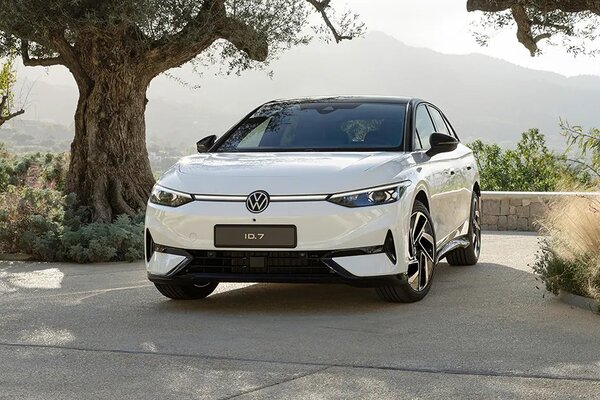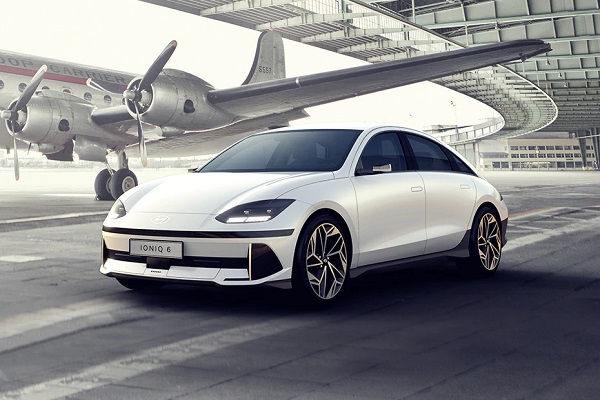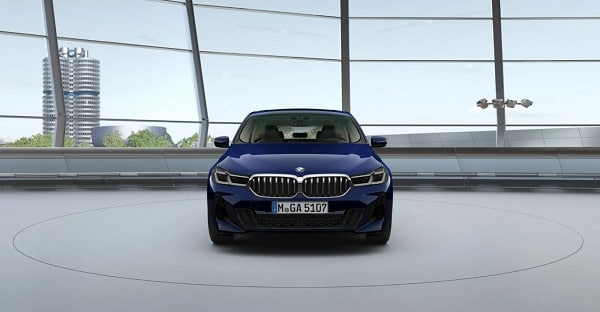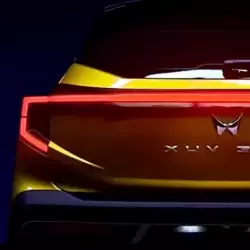India might revise upcoming vehicle emission norms? Here’s why
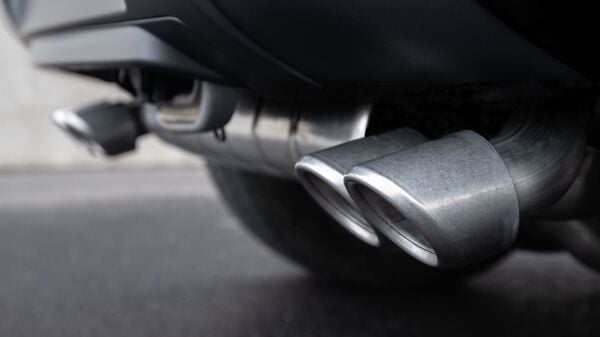

In the ongoing battle against climate change, vehicle emissions remain a significant contributor to global CO₂ levels, accounting for approximately 10 per cent of total emissions. To curb this environmental impact, governments worldwide have implemented stringent emission standards. These standards, such as India's Bharat Stage (BS) norms and Europe's Euro standards, regulate the amount of pollutants that vehicles can release into the atmosphere, aiming to protect human health and improve air quality.
India, currently in its BS6 stage, is gearing up for the next phase, BS7, which will be inspired by Europe's Euro 7 standards. Euro 7 aims to limit pollutant emissions from the next generation of combustion engine-powered vehicles in the EU. However, there has been a recent development in Europe regarding these standards.
Also check these Vehicles
In November 2022, the European Commission unveiled its proposal for Euro 7, which aimed to revise the existing Euro 6 and Euro VI standards for light- and heavy-duty vehicles. Despite initial expectations for more stringent limits, particularly for light-duty vehicles, the proposal faced opposition from the automotive industry and certain EU Member States. As a result, the proposed emission limits and testing procedures were revised to be less stringent, particularly for passenger vehicles and vans, aligning more closely with the current Euro 6 standards.
Also Read : Road Transport Ministry mandates stringent emission tests for flex-fuel vehicles
The softened Euro 7 standards reflect concerns from car manufacturers and some European countries about the feasibility and cost of implementing stricter emissions rules. The revised standards, while maintaining the current tailpipe emissions limits for passenger vehicles and vans, will introduce new standards to limit particle emissions from brakes and tyres. Additionally, there will be minimum performance requirements for battery durability in electric and hybrid vehicles.
A pivotal element of the Euro 7 standards is the Environmental Vehicle Passport. This document will offer comprehensive details about a vehicle's environmental impact at the point of registration. It will include information such as pollutant emission limits, CO2 emissions, fuel and electric energy consumption, electric range, and battery durability. This initiative aims to enhance transparency and enable consumers to make informed decisions about their vehicle purchases.
Although the revised Euro 7 standards have not yet received final approval from EU countries, they are anticipated to be enforced for cars and vans starting from July 2030, with buses and trucks following suit in July 2031. Despite the adjustments, the EU remains committed to balance environmental goals with the interests of manufacturers, ensuring the affordability of new vehicles while preparing the automotive industry for the future transformation of the sector.







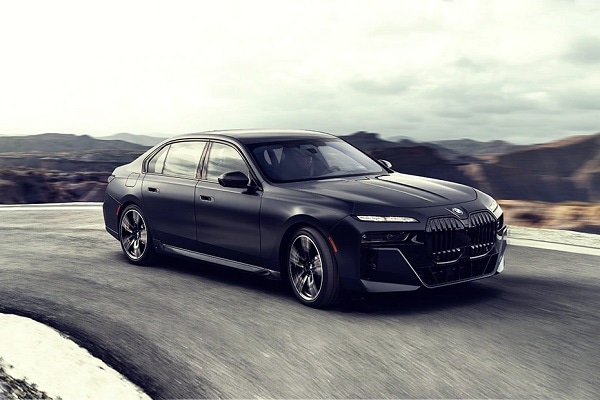
 2998 cc
2998 cc Multiple
Multiple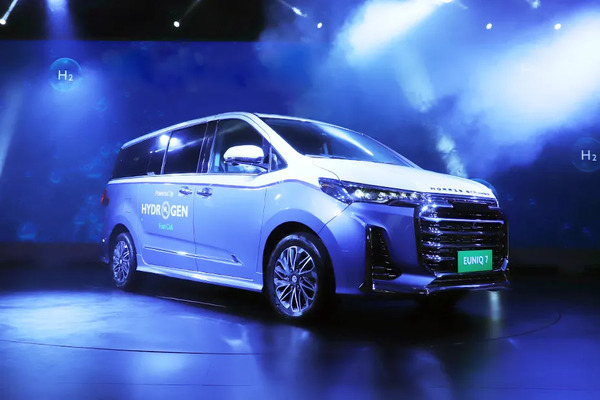
 58?84 kWh
58?84 kWh 605 km
605 km